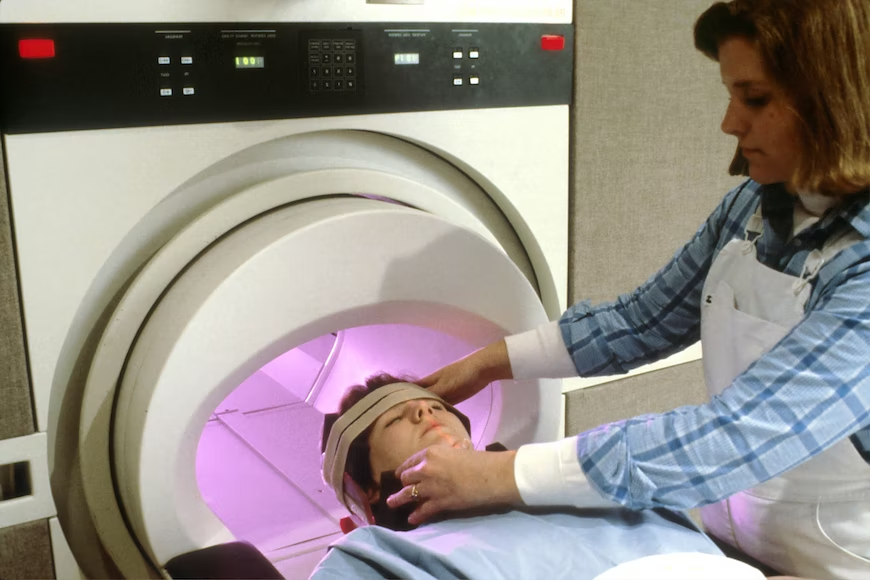A Comprehensive Guide to Multiple Sclerosis
Multiple sclerosis (MS) is a debilitating, progressive disease of the Central Nervous System (CNS). Myelin surrounds nerve fibers as a protective coating; in MS, your immune system attacks it.
Although there is currently no cure for MS, there are treatments that can help you manage your symptoms and live a better life despite this. If you need financial assistance for prescriptions because the treatment is expensive and time-consuming, Advocate My Meds is here to help.
If you are interested in learning more about multiple sclerosis, you will find all the information you need here.
Common Symptoms of Multiple sclerosis
Symptoms of the condition can vary greatly from person to person and from one stage of the disease to the next depending on the location of the injured nerve fibers. Most people with MS will experience the following symptoms.
- Weakness or paralysis, often affecting just one area of the body at a time, may strike your legs or spine
- When the head is moved forward, certain motions of the neck might cause a tingling or electric-shock-like sensation (Lhermitte’s sign)
- Instability, tremors, or trouble walking due to poor coordination
It’s also possible to have difficulties with your eyesight, such as:
- Pain upon moving the affected eye is a common symptom of unilateral blindness (where vision is impaired in just one eye),
- Double vision,
- Blurred vision.
The following are some additional symptoms that may indicate multiple sclerosis:
- Fatigue,
- Numbness in feet or legs,
- Slurred speech,
- Dizziness,
- Sensations of tingling or pain in specific parts of the body,
- Discomfort during eating and swallowing,
- Issues with bowel movements and bladder.
Causes Of Multiple Sclerosis
There is no definitive cause of multiple sclerosis. But, to put it simply, an autoimmune illness is one in which a person’s immune system attacks their own nervous system or tissues. This autoimmune disease destroys the myelin layer that normally protects the nerve cells in the brain and spinal cord.
Myelin functions similarly to the insulation around electrical wires. When the myelin layer is damaged, the nerve fiber beneath is exposed, which has the potential to slow down or even disrupt the signals traveling throughout the whole length of the nerve.
It is not known why some people get MS and others do not. We can probably attribute this to a combination of genetic and environmental factors.

In light of the extensive and expensive nature of MS treatment, you are strongly advised to participate in a prescription assistance program. Advocate My Meds can help if you seek trustworthy prescription drug assistance. We work with various pharmaceutical companies to provide patient assistance programs, including Pfizer prescription assistance, Sanofi prescription assistance, GSK prescription assistance, and more.
Call us today to learn more about our prescription assistance program.







